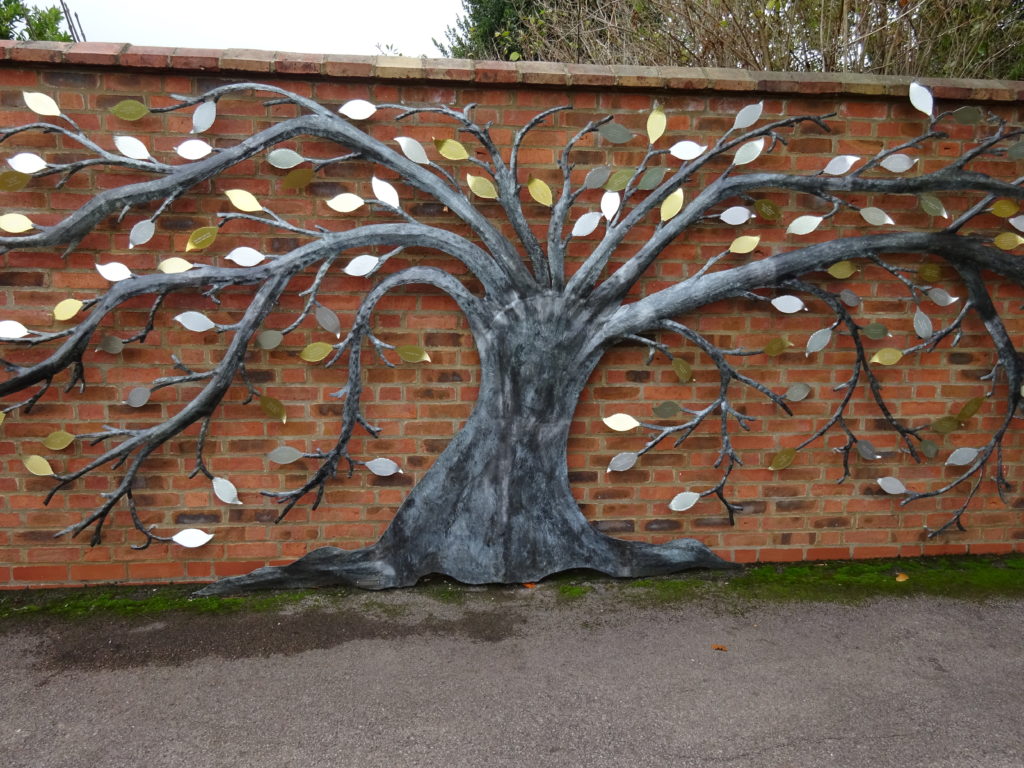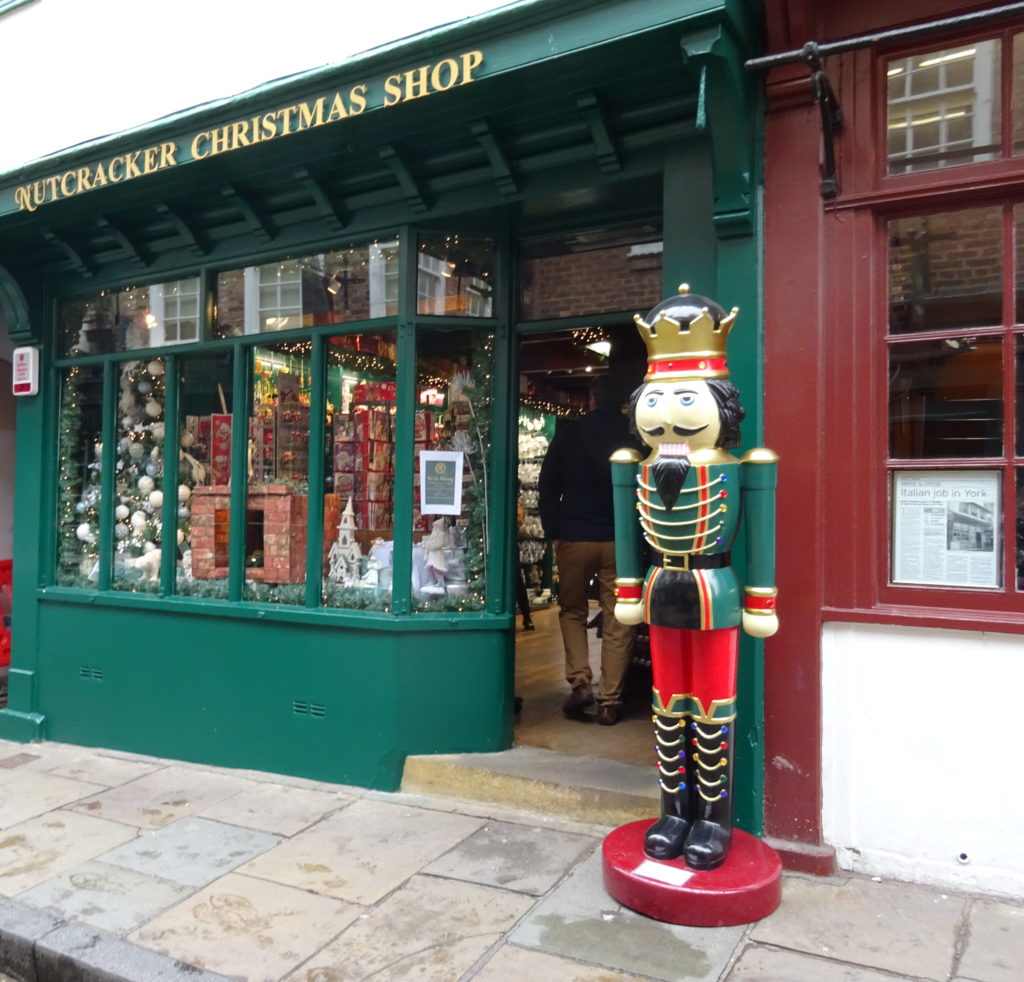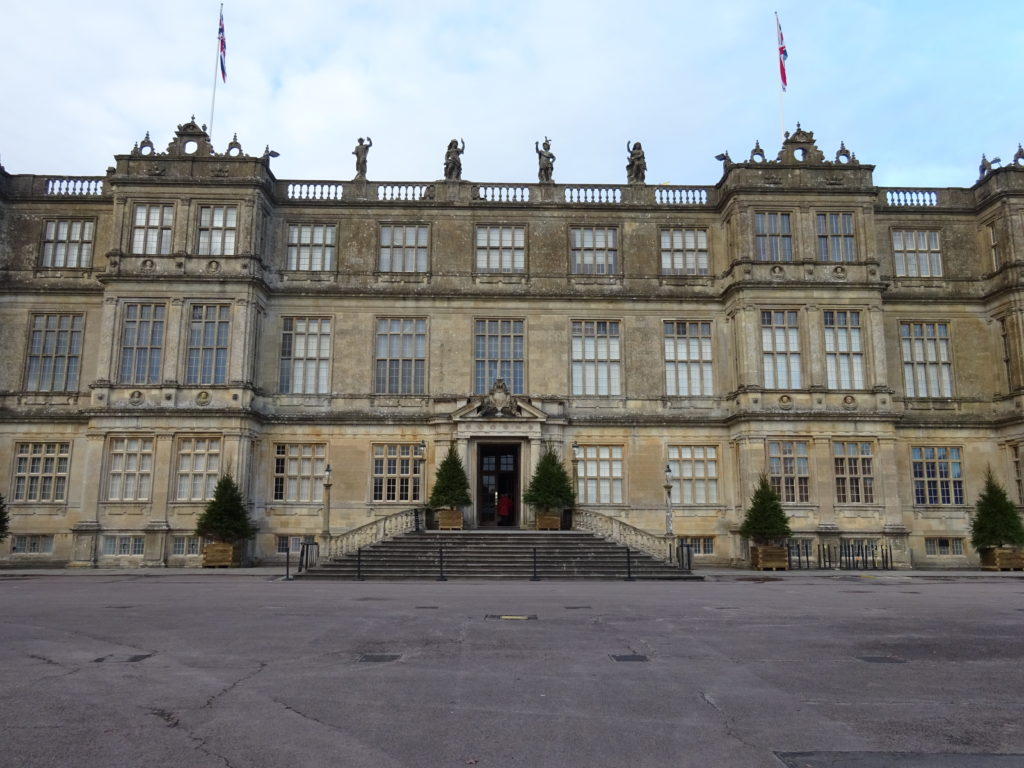Travel & Tourism
Click on the links below to see more about this subject…
Travel & Tourism Home
Person Specification
Further Information
Course Leaflet
Course Information
The qualification is designed to be taken as part of a programme of study that includes other appropriate BTEC Nationals or A Levels.
The BTEC L3 National Extended Certificate in Travel and Tourism is equivalent in size to one A Level. However any student that solely completes year 12 of the course can be certificated and will gain a BTEC L3 National Certificate in Travel and Tourism equivalent to 0.5 an A level.
Click here for more information : https://qualifications.pearson.com/en/qualifications/btec-nationals/travel-and-tourism-2019.html
Course Structure
| Unit | Certificate (0.5) | Extended Certificate (1.0) | Unit Size |
| The World Of Travel & Tourism (Externally assessed) | Mandatory | Mandatory | 90 |
| Global Destinations (Externally assessed) | Mandatory | 120 | |
| Principles of Marketing (Internally assessed ) | Mandatory | Mandatory | 90 |
| Visitor Attractions (Internally assessed ) | Option One or | 60 | |
| Events, Conferences & Exhibitions (Internally assessed ) | Option Two | 60 | |
| Total teaching hours* | 180 GLH | 360 GLH |
The GLH are not the total hours required for the course students will be expected to work in their study periods*
Independent Portfolios – Study Work
The travel and tourism industry is continuously changing. It is changing to meet demand from consumers but also changing due to external factors. These could be factors such as political and economic issues, the price of oil, weather, social factors, legislation and technological changes.
You need to keep a scrapbook/diary of articles relating to travel and tourism. Examples could be:-
- Newspaper articles.
- Travel website news such as:-
- Travel Weekly
- FCO website
- Visit Britain.org.uk
- Television programmes.
- BBC Travel programme.
- Simon Reeve’s travel documentaries.
- Best Hotels in the World documentaries (BBC).
The articles must referenced and annotated as this will be marked as homework and independent study work.
If you do not keep up to date with the industry, you will find the exam extremely hard. We are unable to cover all current affairs in lesson time.
PLAGIARISM
Do not just copy and paste work from news articles. Any work needs to be appropriately annotated and referenced.
Year 12
Unit One – The World of Travel & Tourism
This unit covers the key components of the Travel and Tourism industry, using data to analyse key trends and their impact on one of the fastest growing industries in the UK.
- Types of travel and tourism.
- Travel and tourism organisations, their roles and the products and
services offered to customers.
- The importance and scale of the travel & tourism industry.
- Factors affecting the travel & tourism industry
Assessment
Written exam 1.5 hours (75 marks)
The exam takes place in January each year and a resit is available the following June of year 12.
Unit Two – Global Destinations
Students will start this module at the end of year 12 and have Summer work to ensure they can complete the January assessment.
Students will investigate and analyse the features and appeal of global destinations taking into account travel planning, trends and factors that affect the popularity of global destinations.
- Global awareness, location and features of destinations.
- Travel options and accessibility.
- Travel planning and meeting customer needs.
- Consumer trends and factors effecting popularity of destination.
- Political, environmental, climate and disasters effect on popularity.
Assessment
Assessment 3.0 hours (60 marks)
Students are given pre-released information two weeks prior to assessment to carry out research.
The exam takes place in June of Year 12 with a resit in January of Year 13.
Students are then given a three hour session to complete a set task that will assess their ability to explain features of destinations and recommend suitability for customer needs. In addition, students will also assess travel plans and justify how customer needs are met evaluating the appeal of destinations.
YEAR 13
Unit Three – Principles of Marketing in Travel & Tourism
Students will develop a marketing plan for use by a travel and tourism organisation to attract and engage customers.
- Explore the importance of meeting customer needs.
- Examine the impact of marketing activities.
- Develop a marketing plan using research data.
- Investigate how the marketing plan meets the industry and customer needs.
Assessment
Internally assessed and externally verified assignment.
Unit 9 – Visitor Attractions
Students analyse and investigate the nature and role of built and natural attractions, their commercial success and appeal, responses to visitor needs and importance of delivering a memorable visitor experience.
- Investigate the nature, role and appeal of attractions.
- Examine how diverse visitor needs are met.
- Explore how attractions respond to competition and measure success and appeal.
Assessment
Internally assessed and externally verified assignment.
This will be completed by April of Year 13, therefore ensuring the whole course is complete and verified prior to other A level examinations.
What is a Typical Lesson Like?
Lessons are based in R2 the Vocational Hub in Rosetti. The space has been purposely designed to enable students to have access to computers, resources and be an inspirational environment.
The lessons are all based on current organisations, current factors and allow for students to learn research techniques that prepare them for Higher Education.
The work is very practical and an interest in current events and affairs would benefit students considering Travel & Tourism as an option.




